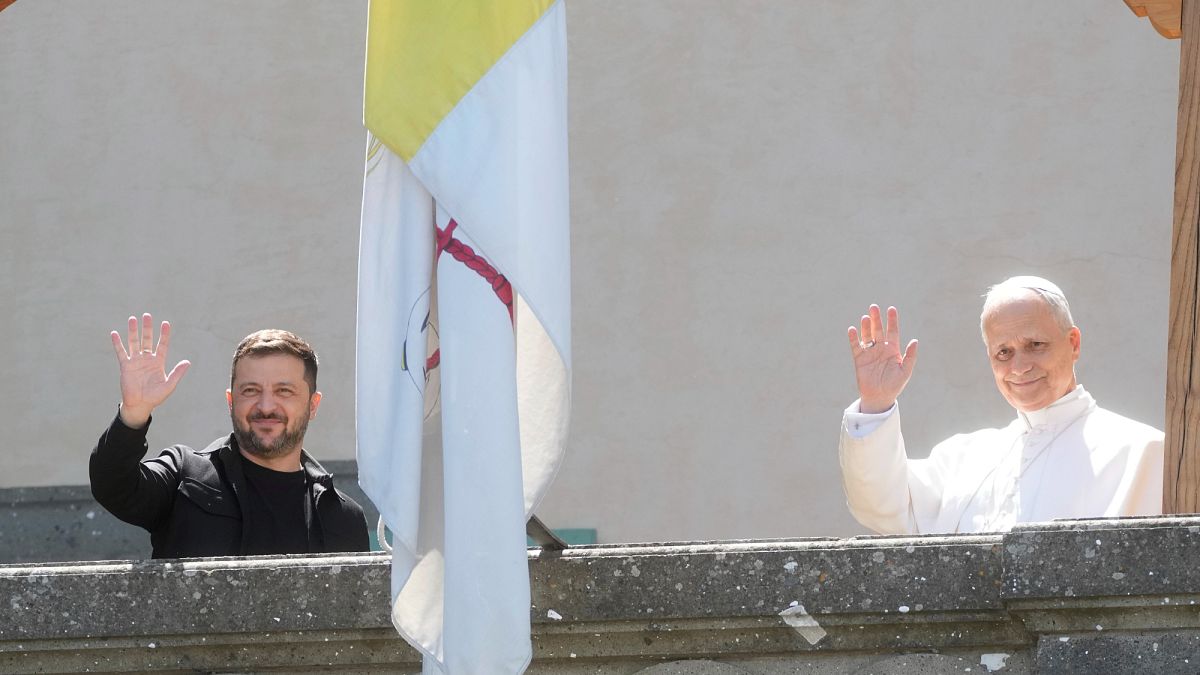

In recent days, the world has witnessed a series of significant events reflecting movements towards peace and dialogue in otherwise tense geopolitical climates. These developments range from initiatives aimed at resolving the ongoing conflict in Ukraine to symbolic gestures calling for disarmament in regions marked by prolonged unrest.
In a heartening attempt to address the ongoing turmoil in Ukraine, President Volodymyr Zelenskyy met with Pope Leo XIV at the Vatican. The conversations centered around the feasibility of conducting peace talks at the Holy See, emphasizing its role as a neutral and influential venue. This meeting precedes the Ukraine Recovery Conference set to take place in Rome, underscoring a shared commitment to seeking a just and lasting peace. The Vatican, known for its diplomatic neutrality, could provide a tranquil backdrop for initiating meaningful dialogue between the involved parties, contributing to stability in the region.
Meanwhile, a call for peace emerged from an unexpected source with Abdullah Öcalan, the imprisoned leader of the Kurdistan Workers’ Party (PKK), making a rare public statement. Öcalan, speaking publicly for the first time since 1999, urged Kurdish militants to lay down their arms. This plea marks a significant departure from the PKK’s longstanding armed struggle against Turkey and signals a potential shift towards resolving the conflict through non-violent means. As the international community listens intently, the symbolic peace ceremony suggested by Öcalan could serve as a catalyst for further reconciliation processes within the region.
Adding to the stream of international events, the European Union reacted firmly to an incident involving the Chinese military. During a patrolling mission in the Red Sea, a German aircraft was allegedly targeted with a laser by Chinese forces. This act prompted the EU and Germany to summon the Chinese ambassador, underlining the importance of maintaining peace and safety in shared international spaces. Anouar El Anouni, spokesperson for the EU’s Foreign and Security Policy, condemned the action, citing the risk it posed to personnel and its potential to compromise security missions. This diplomatic engagement underscores the necessity for clear communication and respectful observance of international protocols as key components in maintaining global peace.
The bid for peace and dialogue evident in these examples highlights a conscious move away from confrontation and towards understanding. Whether through diplomatic discussions, calls for disarmament, or resolving incidents through diplomatic channels, these efforts collectively contribute to fostering a global environment where peaceful resolutions are given precedence. As these dialogues progress, the international community continues to watch in hope that such initiatives may herald lasting peace and stability across these troubled areas.
Source: {link}
